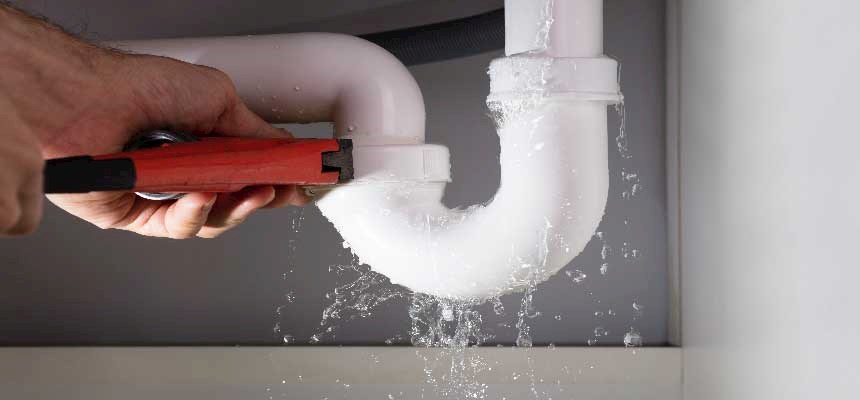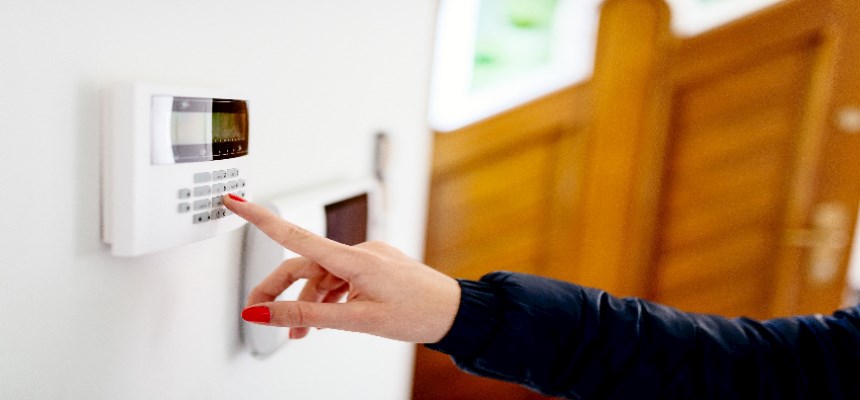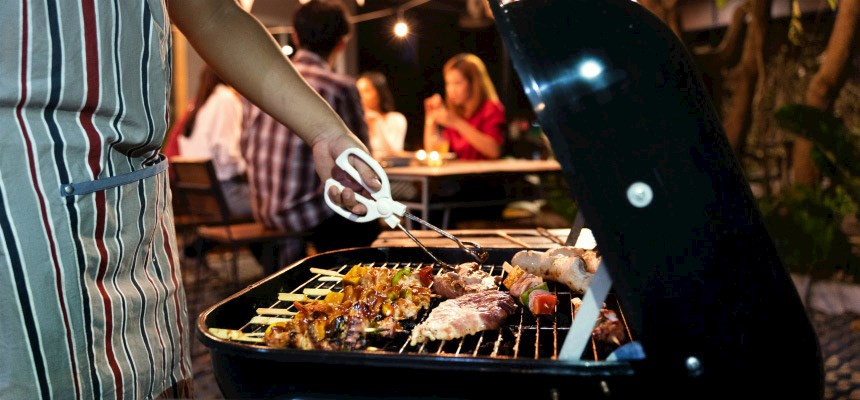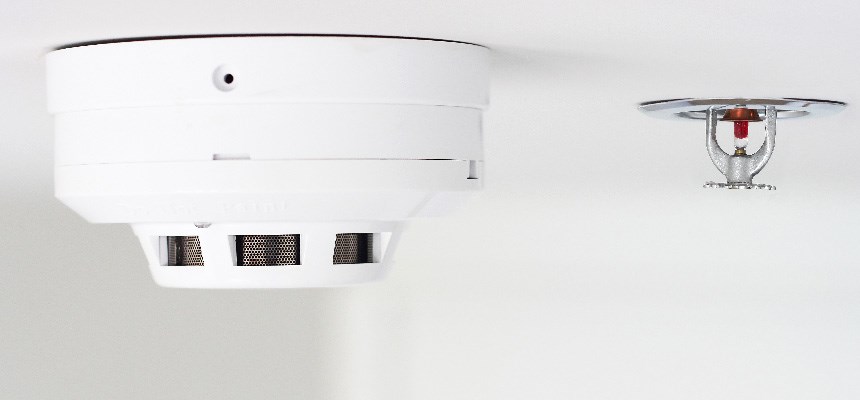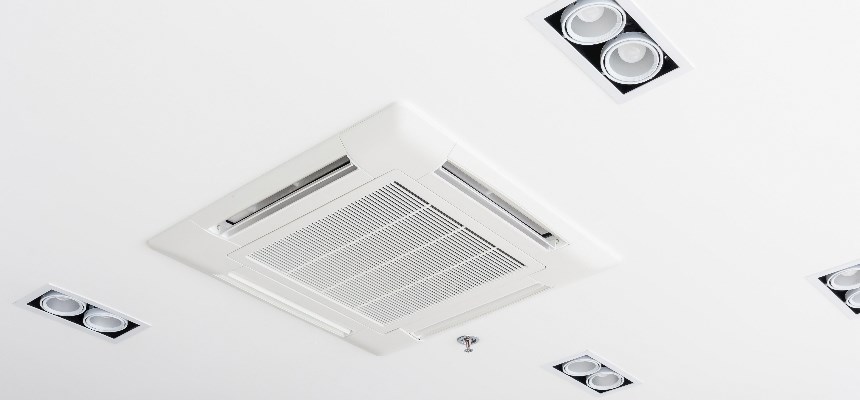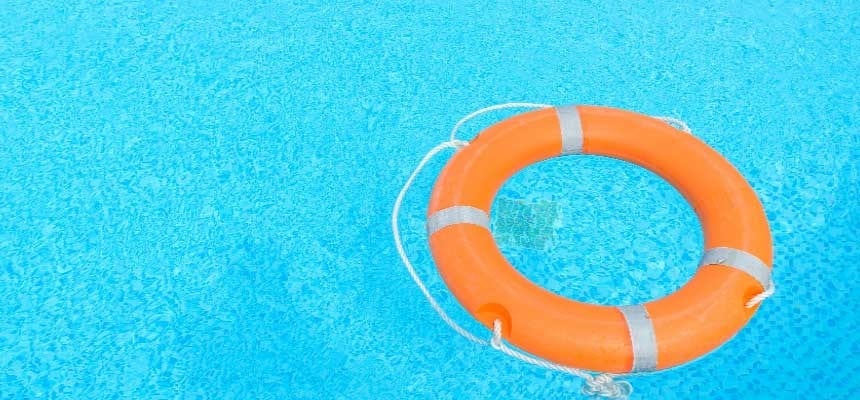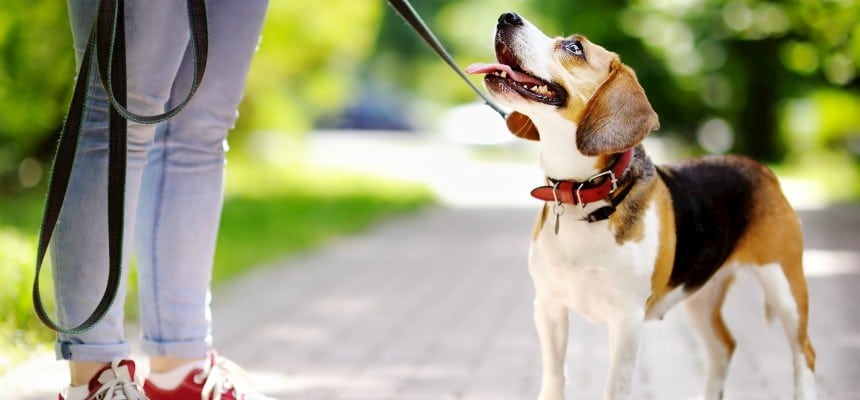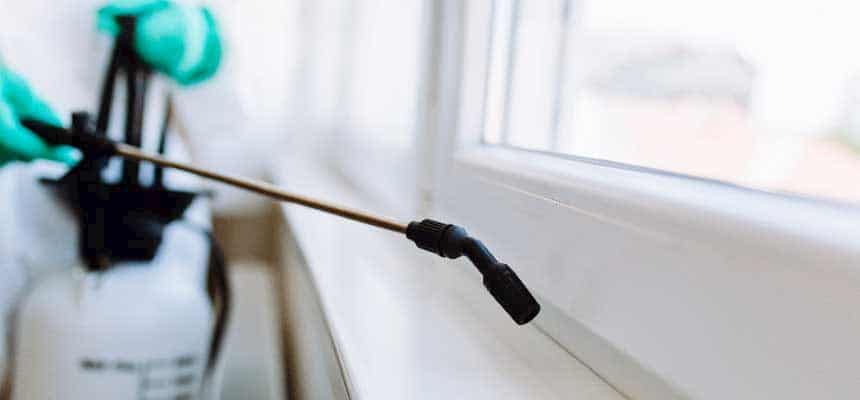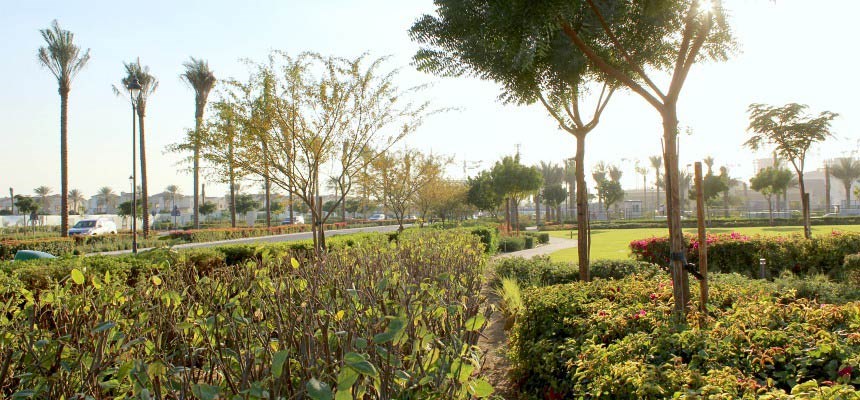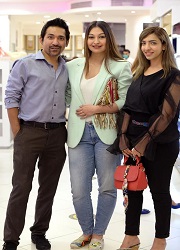Landscaping
Here are some tips from our landscaping team to help you keep your landscaping lush and healthy:
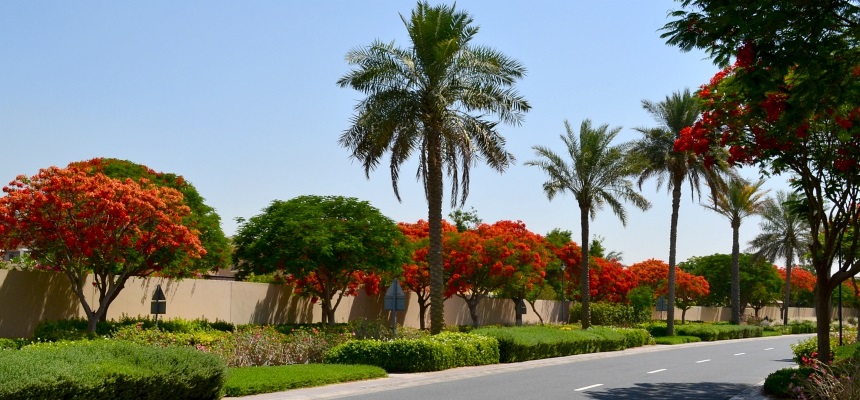
- Maintain a mowing height between 2.5 to 3 inches for most of the season. During summer, increase this by half an inch to 3 or 3.5 inches to reduce water loss from your soil.
- Check your irrigation system for leaks periodically.
- For optimal plant health, water your landscaping as per its requirements and not just every day.
- Apply water directly to the roots of plants and trees to minimise evaporation and water runoff.
- Avoid mid-day watering – instead, water in the early hours before sunrise to lessen water loss through evaporation and daytime winds.
- Choose plants that are native to the arid climate of the Middle East and require less water such as desert rose, flame trees, bougainvillea, neem trees, palms and hibiscus.
- Make adjustments to watering durations as needed; for example, shaded or protected areas may need less water than patches that are always under the sun.
- One of the most efficient ways to water plants in gardens, planters and window boxes is to install a drip irrigation system; through emitters, drip irrigation lets small amounts of water drip onto the base of plants (where it penetrates into the roots) at low pressure and with minimal evaporation.
- Water brown spots by hand and check your irrigation system; lawns usually develop brown spots because of faults in the sprinkler system.
